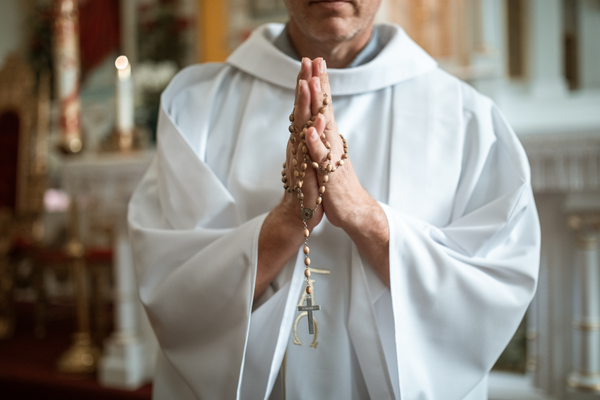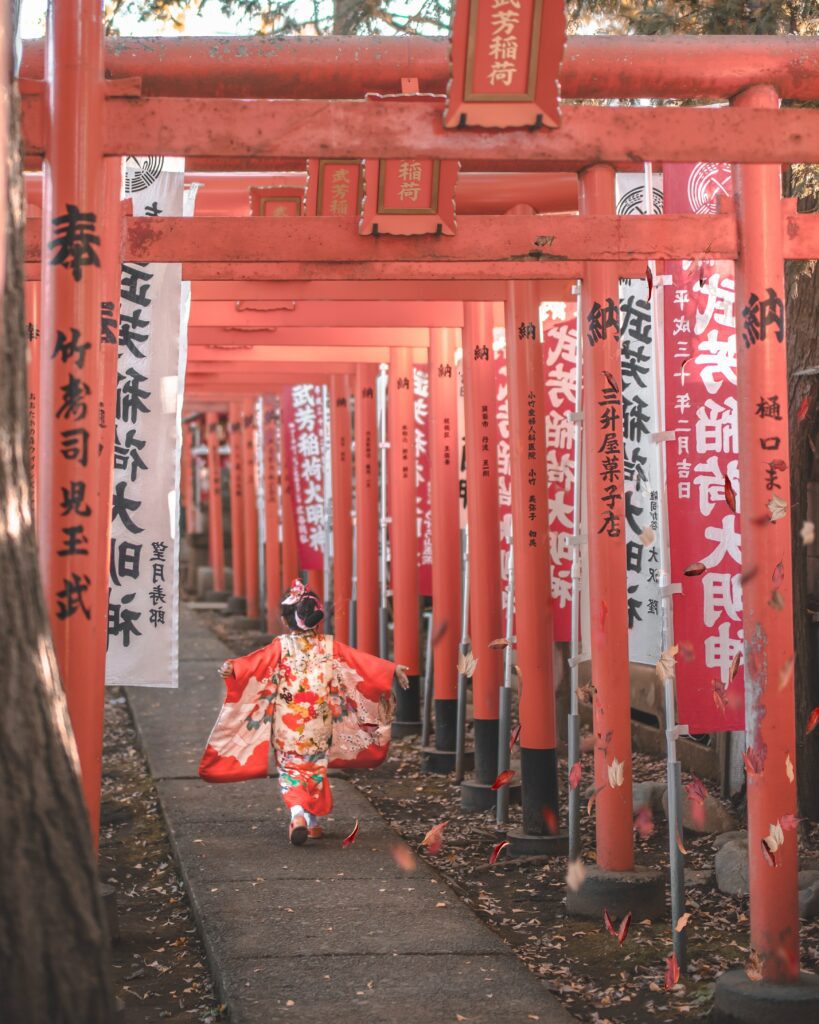When my sisters and I were young girls, my family watched the mini-series, The Thorn Birds, almost religiously every time it was broadcast on network television. We were raised in a strict Catholic home, as evidenced by our family of five female siblings. None of us ever questioned how this tale of a conflicted Catholic priest became family canon, or even why we were allowed to watch such a film in the first place, but in hindsight (particularly in the wake of a much more aware cultural and moral battleground) has led to many questions that I think are worthy of exploration.
 If you are unfamiliar with the 1983 mini-series based on Colleen McCollough’s novel of the same name, a rather young, ridiculously handsome priest is sent to a remote Australian parish as penance for his disobedience and pride. There he befriends the poor relatives of a wealthy, yet manipulative, sheep station owner. He forms a bond with the very young niece of the owner – one that becomes increasingly more involved as she grows into a young woman. On the surface, this tale seems like a heartbreaking romance, but just a smidge deeper, it is rife with disturbing connotations of a grown man who fetishizes and borderline sexualizes a pre-pubescent child, whom he ultimately grooms to be infatuated with him. Oh, how we absolutely SWOONED over Father Ralph de Bricassart, played by the incomparably beautiful Richard Chamberlain.
If you are unfamiliar with the 1983 mini-series based on Colleen McCollough’s novel of the same name, a rather young, ridiculously handsome priest is sent to a remote Australian parish as penance for his disobedience and pride. There he befriends the poor relatives of a wealthy, yet manipulative, sheep station owner. He forms a bond with the very young niece of the owner – one that becomes increasingly more involved as she grows into a young woman. On the surface, this tale seems like a heartbreaking romance, but just a smidge deeper, it is rife with disturbing connotations of a grown man who fetishizes and borderline sexualizes a pre-pubescent child, whom he ultimately grooms to be infatuated with him. Oh, how we absolutely SWOONED over Father Ralph de Bricassart, played by the incomparably beautiful Richard Chamberlain.
Decades later, when I rewatched the miniseries alone, as an adult, and in the wake of the scandal of the Church’s massive and far-reaching cover-up of sexual abuse among the clergy, I realized just how disturbing this normalization of grooming was. Meggie, the female protagonist, was merely 10 years old when she meets 28-year-old Ralph. He moves her into her own room in his rectory shortly thereafter. As the mother of a 10-year-old daughter, I nearly vomited at the implication.
And yet, it didn’t end there. This weekend, I rewatched the adaptation of Arthur Golden’s Memoirs of a Geisha, a story that brought me not only to tears but to my knees. Through the lens of a mother, I was horrified by the Chairman’s influence in developing Chiyo/Sayuri, the main character, into a geisha – essentially a glorified courtesan – after encountering her as a child on the street.
And it goes on and on, even when we don’t immediately recognize it. How many of you were, like I was, entranced by the beautifully tragic love story of Henry and Claire in The Time Traveler’s Wife? She is little more than a first grader the first time he travels back in time (as an adult) and meets her. While it is understood that Henry does not technically act inappropriately, he repeatedly visits her from the future with the knowledge that she will one day be his wife. Claire, when she finally meets him “in real-time” is disappointed in the man he is instead of the man he eventually becomes because of her, telling him that she formed herself around him. If that’s not grooming, I don’t know what else it could be considered.
As I thought about all of the media I’d consumed which had some form of grooming, the list became rather extensive: Buffy The Vampire Slayer, Pretty Little Liars, Leon: The Professional, Riverdale, Twilight, and on and on and on… Given what we now know about the massive and far-reaching sexual abuse scandals among Hollywood circles that mirrors the horrors of the Catholic clergy, is it any surprise?
When you know better, you also have to do better.
When I brought up this horrifying realization to my sister, she asked, “Were you groomed? Is this why you are so shook?”
I was not groomed, but now that I’ve seen how sneakily romanticizing relationships between grown men and children has been woven into the media we consume and accepted by the masses, I can’t UNSEE it. It is far too pervasive. I’ve spent too many years as a public school educator protecting and advocating for those who cannot do so for themselves to not speak out about something that is wrong, even if I never noticed the wrongness before.
It is our job as parents to be aware of what our children are consuming in this world of easy accessibility. I’m in no way faulting my parents for what we didn’t understand then. But now, we know better. Because if my conservative Catholic parents were duped by the draw of Father Ralph, then everyone needs to be vigilant, especially now when our children are more vulnerable than ever.


















No. If you actually watched it, Father Ralph had NO sexual plans for Meggie. He saw her as “unloved” by her mother and sought to make her feel like she was worthy to be loved. He moved her into the rectory, where she was cared for by women. He loved Meggie (an 18 year difference in ages) in a fatherly way as a child. Many years later, when Meggie was grown, he resisted her love for him even when it was mutual. At that point it was a moral/spiritual battle for him….not so much for her. – This critique is based on fallacies that the writer (Julie Lee) wants to give this story. A story of adult choices and moral failures.